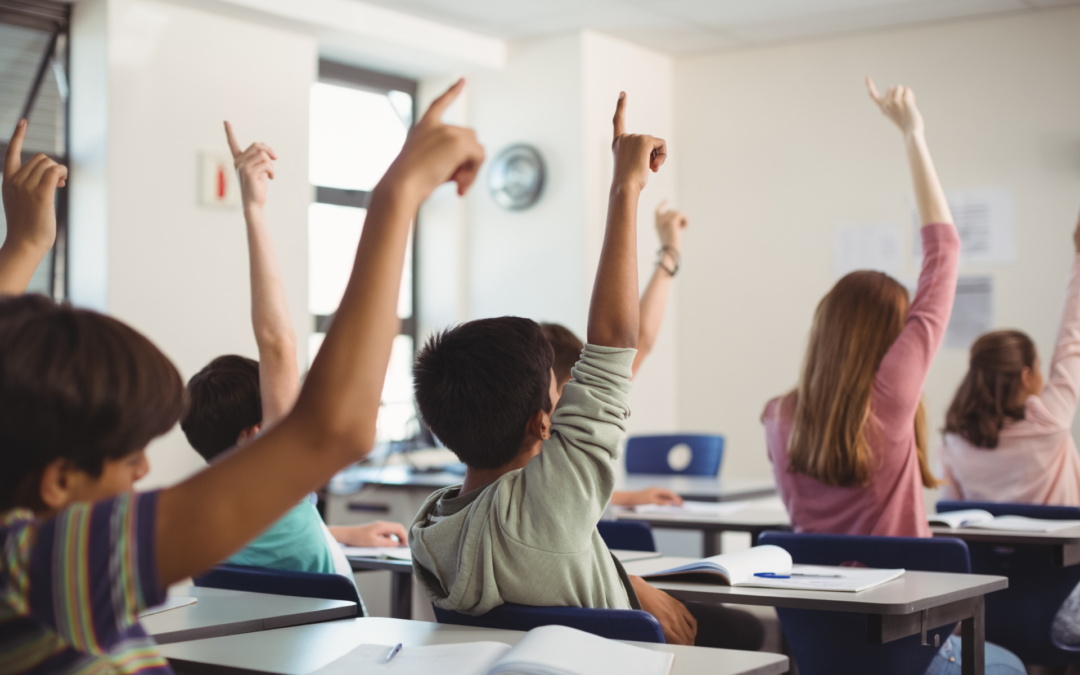Factors affecting student achievement – Hattie’s take:
1. Class Size
Reducing class size does enhance student achievement but only by a marginal amount. Our preoccupation with class size is an enigma; what’s really important is that the teacher learns to be an expert in their own class, no matter what size it is.
2. Types of Schools
Although there can be obvious differences between public and private schools, what’s more important is good leadership within your school. Look at who has control over how teachers are recruited and how they progress after being selected.
3. Uniform
Conversations about school uniform are distracting; it doesn’t matter if uniform is compulsory or not as it makes no difference whatsoever to student achievement. Your school should decide whether or not you want to enforce a uniform, but waste no further time debating it.
4. Homework
Homework has been found to have no effect on the progress of primary school children. To get it right without getting rid of it, children at primary level should be given less projects and more activities that reinforce what they learnt in the lesson that day instead.
Whilst homework does make more of a difference to secondary school children, too much emphasis is placed on it. 5-10 minutes of practising what was taught that day at school has the same effect as 1-2 hours does.
5. Extra-Curricular Activities
These are powerful in terms of helping children learn. The best predictor of health, wealth and happiness in adult life is not academic achievement at school, but the number of years schooled. Extra-curricular activities can be a fun and inviting way to get children to enjoy school and want to spend more time there learning.
6. Home Environment
Does TV have a negative effect on a child’s progress? Not directly. The problem with a child watching too much television is that it stops them from spending that time learning in more productive ways, such as by reading or developing their communication and relationship skills.
7. A Child’s Birthday
Where a child’s birthday falls in the school year has an effect on their progress initially, as there is a big difference in the ability of a child who is 5 years 1 month and one who is 5 years 11 months. However, no difference is found after 2-3 years of schooling.
What has a more dramatic effect on a child’s academic achievements is whether that child makes a friend in their first month at school.
8. Teacher Talk
Children learn better from their peers than from the teacher or a book. If a child is struggling to grasp a new concept, they are more likely to understand it if another students explains it correctly.
We teach children to be passive and listen in the classroom, whilst a great teacher does the opposite: letting their students be active both in what they know and what they don’t. Effective learning is about exploring ideas, making mistakes and adapting to them; not just sitting and listening to explanations from the teacher.
9. Testing
There’s no problem with testing per se, but tests at the end of the year aren’t beneficial as by then both the teacher and the student have moved on from that particular topic.
If tests are to be used, they should be done to practice and reinforce what has recently been taught.
10. Student Expectation
Telling a child ‘do your best’ is the worst thing a teacher or parent can do. A successful teacher establishes a student’s expectations of their abilities and then dispels those expectations by telling them they can do better. What a student achieved yesterday should never be okay tomorrow.
How can we improve education systems?
When asked what education systems need to learn, Hattie answered that we need to get rid of the mentality that if a student doesn’t succeed, it’s because they were incapable. Replace it with: if a student doesn’t achieve, it’s because they didn’t put in the effort or weren’t properly supported.
What Hattie wants to make clear is that a student’s ability to achieve academically primarily comes down to teacher expertise. How teachers think and make daily decisions and judgements is the most important thing within a school.
Hattie finishes the interview with a clear message: schools need to stop thinking about things that don’t really matter and instead talk about teacher expertise, passion, diagnosis and practice.
This blog has been altered for regional context. The original can be found here: blog.irisconnect.com/uk/community/blog/john-hattie-10-myths-about-student-achievement

